Paradigm Shift: Comparing the Founding Framework for Republican Governance to the Modern Rights Revolution
This article analyzes how modern American public evaluates the federal government’s performance by its ability to produce positive entitlements for the people. I then contrast this standard of review with the Founders’ standard of evaluating the government on whether it has promoted virtue in the citizenry.
A Self-Reflective Destruction of Humankind: A Christian Eco-Theological Reading of W. B. Yeats’s “Second Coming”
This essay proposes an innovative reading of W. B. Yeats’s poem “The Second Coming” through a lens of Christian Eco-theology as explained by Fr. Seán McDonagh in Pluriverse: A Post-Development Dictionary. It demonstrates how literature may efficiently bring topics of environmental protection, anti-war ideology, and theological allusion into integrity.
It Is a Constitution We Are Expounding: John Marshall, Spencer Roane, and the Fundamental Conflicts Surrounding McCulloch v. Maryland (1819)
Using a blend of primary and secondary sources, this research paper examines the lesser-known newspaper debate between Chief Justice John Marshall and Judge Spencer Roane of the Virginia Court of Appeals. The purpose of this research is to answer one question: What were the fundamental issues that divided early Americans as demonstrated by the landmark case of McCulloch v. Maryland (1819)? To contribute to the ongoing discussion of McCulloch and its significance, my paper attempts to understand the issues surrounding McCulloch within its broader, historical context. Instead of confining its importance to the Second Bank of the United States, I identify McCulloch as a judicial case turned political—a divisive instance of constitutional conflict between Hamiltonian nationalism and Madisonian republicanism.
The Influence of Race in Americans’ Trust of Government
The percentage of Americans who trust the government in Washington always or most of the time has been increasingly declining since the John F. Kennedy presidency in the early 1960s The reasons for this sharp downward bend are unclear. Americans do worry about political disagreement, which they see as an indication of an anomaly in the system. However, given the choice, they would rather concern themselves about nonpolitical issues. That factor has not stopped them from failing to trust their government. The expectations placed by Americans on their administration are excessively high. Thus, disappointment is inevitable. The declining trust exhibited by all Americans, regardless of their political views, party affiliations, age, gender, and race are equally evident across the board. Economic reasons, social and cultural elements, the polarization of American parties are all solid reasons to explore. However, in this paper the roots of American’s distrust for the government will be analyzed according to race.
Continue Reading The Influence of Race in Americans’ Trust of Government
Jefferson and Tocqueville on Christian Nationalism
The United States’ principle of the separation of church and state, first articulated in Thomas Jefferson’s Letter to the Danbury Baptists (1802), has been questioned by proponents of Christian nationalism who seek to make the United States an established Christian state. This paper argues that Thomas Jefferson’s philosophy, which is inimical to the idea of Christian nationalism, was based on sound reasoning, and its benefits to American society were later recognized by French philosopher Alexis de Tocqueville. Furthermore, this paper uses Jefferson’s philosophy and Tocqueville’s analysis to elucidate the contemporary relationship between church and state in the United States, and to argue that Christian nationalism is unfeasible; religion should remain a private matter where it provides the most benefit to American citizens.
Continue Reading Jefferson and Tocqueville on Christian Nationalism
A Guide for our Times: Herbert Hoover’s Critique of Supreme Court Expansion
Former President Herbert Hoover’s critiques of FDR’s plan to expand the Supreme Court are useful for defending against contemporary calls to enlarge the composition of the Court, such as the Judiciary Act of 2021.
Continue Reading A Guide for our Times: Herbert Hoover’s Critique of Supreme Court Expansion
Critique of Hayek’s Liberalism and the Rule of Law
In this paper, I raise a few doubts about the adequacy of Hayek’s liberal theory and the rule of law in the twenty-first century. I argue that the theory 1) fails to be morally neutral by not giving proper attention to the harm experienced by the minorities, 2) does not acknowledge a satisfactory account for the exploitation of the working class, and 3) operates with a parochial definition of freedom.
Continue Reading Critique of Hayek’s Liberalism and the Rule of Law
Liberating the Truth in Augustine’s Confessions and Douglass’ Narrative
In this paper, I explore how Frederick Douglass’ and St. Augustine’s understanding of the corruption of God’s word produced their respective achievement of freedom. In examining Augustine’s Confessions and Douglass’ Narrative, we come to understand the moral imperative of public service both thinkers promoted; the idea that individuals have a distinct social obligation to share their knowledge in a promotion of the greater good.
Continue Reading Liberating the Truth in Augustine’s Confessions and Douglass’ Narrative
Dividing Democracy: Three Arguments for States’ Rights
States’ rights is often perceived as a single and unchanging doctrine, but American political thought reveals three version of states’ rights with distinct purposes. This essay examines these competing thoughts and ultimately argues that Alexis de Tocqueville’s localism, with its emphasis on the substantive social benefits of local government over institutional or constitutional forms, offers a version of states’ rights best suited to the modern American regime.
Continue Reading Dividing Democracy: Three Arguments for States’ Rights
Summoning Laplace’s Demon: The Erosion of Meaningful Voter Choice in an Era of Algorithms?
Precise individual microtargeting threatens to remake the political landscape as thoroughly as it has remade marketing. This paper explores the observed uses to date of political microtargeting as well as the many difficulties, some inherent to politics, of measuring its effects. Considering the philosophical difficulties of predictively removing human choice, it then assesses the observed risks of and some potential remedies to the current trajectory and finds that free electoral choice is not doomed to be written out of the system.
James Madison, American Liberalism, and the Problem of the “Gordian Knot”
Federal jurisdiction is virtually unlimited today and the strength and survivability of liberalism, our nation’s animating political philosophy, is hotly debated. These issues are connected and James Madison’s thinking provides some insight into exactly how that might be.
Continue Reading James Madison, American Liberalism, and the Problem of the “Gordian Knot”
Sermon from the Capitol Hill: Abraham Lincoln’s Usage of the Bible in His Second Inaugural
How did a poor farmer’s son who spent his youth publicly mocking religious preachers and never joined a church earn…
The Tale of Two Revolutionaries: Jefferson, Marx, and the Proper Use of Political Violence
While Americans generally condemn the use of political violence, the topic has been put into the spotlight in recent years. What can Thomas Jefferson and Karl Marx’s juxtaposing ideas teach us about the proper use of political violence?
Postmodernity, Chance, and Judicial Interpretation
This essay is about postmodern thought’s view of chance as compared to ancient and modern thought, and how this view turns judicial interpretation into a game of force.
Continue Reading Postmodernity, Chance, and Judicial Interpretation
Individualism and Self-Interest in Atlas Shrugged
The dystopian world portrayed in Atlas Shrugged is an example of the collectivist ideal gone awry. Rand demonstrates the victory of the “men of ability” over the looters and the triumph of self-interest over collective duty.
Continue Reading Individualism and Self-Interest in Atlas Shrugged
Suburban Cosmopolitanism: How Niceness Undermines Patriotism
People have been surprised to learn that until rather recently I played music in a punk band. Despite my mild-mannered…
Continue Reading Suburban Cosmopolitanism: How Niceness Undermines Patriotism
The Implications of a National Popular Vote for President
Defenders of the winner-take-all method of the Electoral College predict that implementing a national popular vote would cause less-densely populated cities and states to be forgotten in presidential elections. This paper takes a quantitative approach to evaluate that claim.
Continue Reading The Implications of a National Popular Vote for President
Hate Speech Laws in Democratic Countries
In contrast to the United States policy of protecting hateful expression, a survey of democracy indices indicates that dozens of democracies have hate speech laws that restrict it. This challenges assumptions of debate in the United States by showing such restrictions are feasible in a free society.
Civil Warfare: Where U.S. and Russian Policy Meet Civil Society in Eurasia
Civil society in Eurasia is not always a friend to Washington, and is, at times, an ally to Moscow. This paper reviews select Eurasian civil society organizations and their role in Russian hybrid warfare.
Continue Reading Civil Warfare: Where U.S. and Russian Policy Meet Civil Society in Eurasia
Alexander Hamilton’s Vision of an American Monarchy
Alexander Hamilton’s underlying arguments in The Federalist Papers and the Pacificus-Helvidius Debates of 1793-1794 expand the power of the presidency and display Hamilton’s desire for a king-like president of the United States, much like Great Britain’s monarch.
Continue Reading Alexander Hamilton’s Vision of an American Monarchy
Justice, Ideology, and Struggle
Marx’s approach to questions of justice and morality are captured by this metaphilosophical position, whereby Marx rejects an understanding of philosophical inquiry as the pursuit of foundations and universality. Philosophical justifications are, in the last instance, products of a particular form of society and production. Rather than abandoning the basic idea of human moral equality, the radical historicist approach allows the philosopher to make the Marxist progression from merely understanding the world toward changing it and moving it closer toward a moral horizon.
Hiding Behind Lincoln
Abraham Lincoln’s ascent to power was surprising, but after a deep analysis it is clear that it was not at all unique. Just like Queen Esther, Lincoln was able to overcome extreme odds through patience and faith.
Locke’s Questionable Use of the Bible in Establishing His Theory of Property
Locke’s philosophy is not only wrongly founded in the Old Testament, continually relying on the creation story of Genesis in…
Continue Reading Locke’s Questionable Use of the Bible in Establishing His Theory of Property
Defining Criminality: Confronting Racist and Classist Narratives of the Criminal
Defining someone as a criminal carries serious consequences for the individual in terms of a denial of resources, increased surveillance,…
Continue Reading Defining Criminality: Confronting Racist and Classist Narratives of the Criminal
The American Torture Problem
This essay offers a brief account and (partial) critique of the Central Intelligence Agency’s enhanced interrogation program which was utilized…
“High Crimes and Misdemeanors”: A Constitutional Critique of the Commander-in-Chief
The Impeachment Clause of the U.S. Constitution has been subject to competing interpretations. Whether impeachment is understood as a legal…
Continue Reading “High Crimes and Misdemeanors”: A Constitutional Critique of the Commander-in-Chief
“St. Augustine and Said Nursi on Introspection as a Vehicle for Change”
Many parts of the world today appear to be submerged in a perpetual cycle of violence. It is often thought…
Continue Reading “St. Augustine and Said Nursi on Introspection as a Vehicle for Change”
Consent of the Governed: Thomas Jefferson’s Relationship with Sally Hemings
Many are familiar with Thomas Jefferson’s concubinage of his slave, Sally Hemings. What few realize, however, is the consequence this…
Continue Reading Consent of the Governed: Thomas Jefferson’s Relationship with Sally Hemings
Has Academic Freedom Failed? Can Liberalism Defend It?
Patrick Deneen has argued that both the philosophy of liberalism and the principle of academic freedom are fundamentally flawed. In…
Continue Reading Has Academic Freedom Failed? Can Liberalism Defend It?
Restoring the Republic: A Conservative Manifesto for America’s Future
In response to liberal attempts to diverge from many American values and ways, some contemporary conservatives have responded by looking…
Continue Reading Restoring the Republic: A Conservative Manifesto for America’s Future
Is Gerrymandering Good for Democracy?
Does gerrymandering deserve the awful reputation it has received? Through a revaluation in light of Founding principles, gerrymandering’s hidden virtues are…
The Bracero Program: The Bi-National Migrant Labor Agreement 1942-1964
This article explores the complex and fragile agreement between Mexico and the United States on migrant farm workers in the…
Continue Reading The Bracero Program: The Bi-National Migrant Labor Agreement 1942-1964
The Proof is in the Pudding: The Myth of Equality
Equality is treated as a universal and invariable concept, yet in practice authors manipulate it constantly to articulate their own…
Continue Reading The Proof is in the Pudding: The Myth of Equality
Restoring Civic Virtue: The Buckley Model
The political life of William F. Buckley Jr. stands as a model for reinvigorating the civic virtue that the American…
Originalism: Reclaiming the American Promise
Originalism best reflects the Founding Fathers’ faith in self-government and also best preserves the legitimacy of the U.S. Supreme Court.…
Continue Reading Originalism: Reclaiming the American Promise
Omelas and Bensalem: Liberty and Utopias
Is it possible for a society to be good without liberty? Bacon’s The New Atlantis and Le Guin’s The Ones Who Walk Away…
Moving Beyond American Conditional Aid to Haiti
A root cause of Haiti’s poverty is the IMF’s structural adjustment plan. A solution based on Chinese aid, unlike neo-liberal…
Continue Reading Moving Beyond American Conditional Aid to Haiti
Constitutional Individualism: The Ninth Amendment and the “Natural Rights of Man”
The Ninth Amendment is not a one-off historical anachronism aimed at protecting nonexistent rights. Instead, it should be construed by…
Continue Reading Constitutional Individualism: The Ninth Amendment and the “Natural Rights of Man”
Tocqueville and the Earthbound American Spirit
This article assesses the gulf between Tocqueville’s claim that human beings have naturally transcendent souls and his observations of the democratic…
Continue Reading Tocqueville and the Earthbound American Spirit
A Practical Solution to the Death of the American Dream
Has slowing class mobility caused the shift in American culture away from the traditional “American Dream”? Or has this shift…
Continue Reading A Practical Solution to the Death of the American Dream
Should Pornography that Patently Objectifies Women be Banned?
The debate around banning pornography that objectifies women fractured the feminist movement. Future attempts to outlaw pornography will follow the…
Continue Reading Should Pornography that Patently Objectifies Women be Banned?
Bionic Wings
“Gatsby believed in the green light, the orgastic future that year by year recedes before us. It eluded us then,…
What Does “all men are created equal” Mean?
Some have all too quickly used the term “post-racial” to describe America now that a black president has been elected…
Continue Reading What Does “all men are created equal” Mean?
The Role of Christianity in Hobbes’s Political Project
For Hobbes, religion is not inherently beneficial for society. Instead, good theology is required in order to make religion useful. …
Continue Reading The Role of Christianity in Hobbes’s Political Project
The Problem of the West[ern]
Three great Western films—Stagecoach, The Man Who Shot Liberty Valance, and the contemporary No Country for Old Men—delve deep into the American…
Neoliberal Evolution of the Space Exploration Industry in Relation to the Tech Industry
Ingenuity is a part of the American character. As Americans, we must reflect on the mistakes of our past in…
Anti-Hispanic Sentiment and U.S.-Mexican Relations
Late one warm July evening, a sea of thousands of people stood packed into an enormous sports arena in Cleveland,…
Continue Reading Anti-Hispanic Sentiment and U.S.-Mexican Relations
In God We Trust: Reconciling Religiosity in a Secular Nation
Since its founding, the United States has been composed of a diversity of religions, making religious tolerance and the separation…
Continue Reading In God We Trust: Reconciling Religiosity in a Secular Nation
Our Authors
Meet the authors that contribute to the Compass Journal.

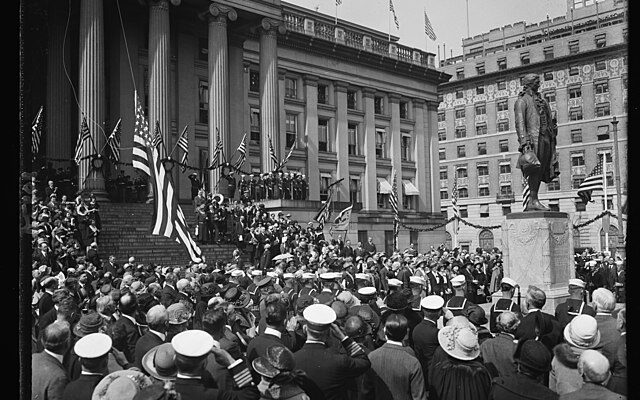
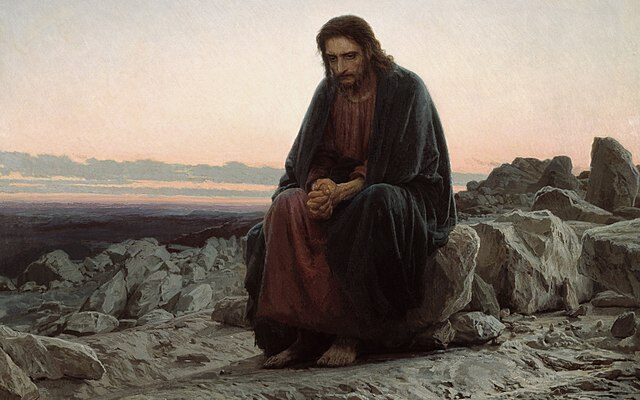
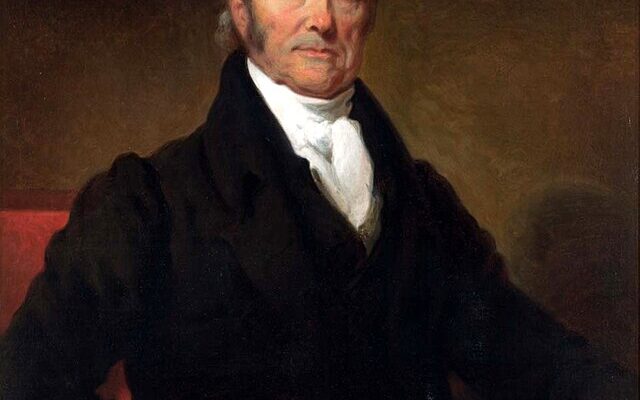
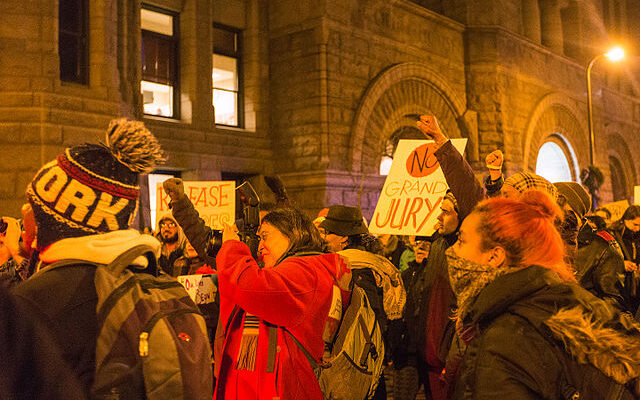
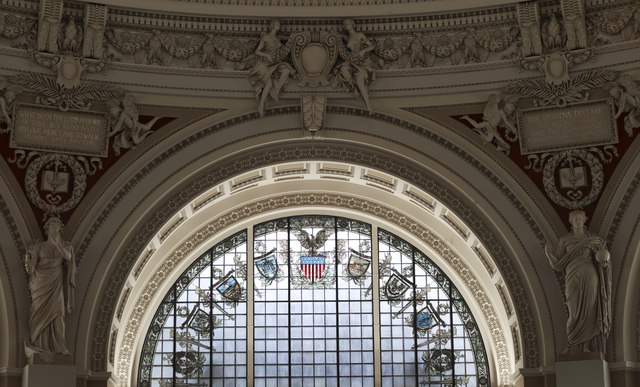
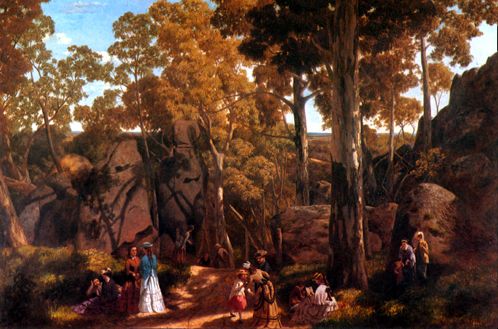


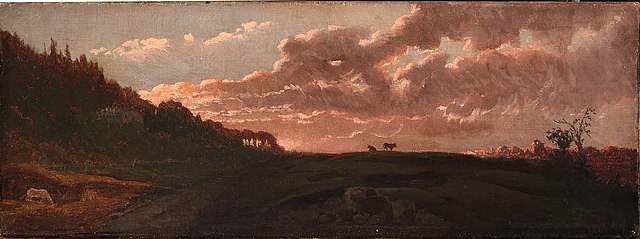


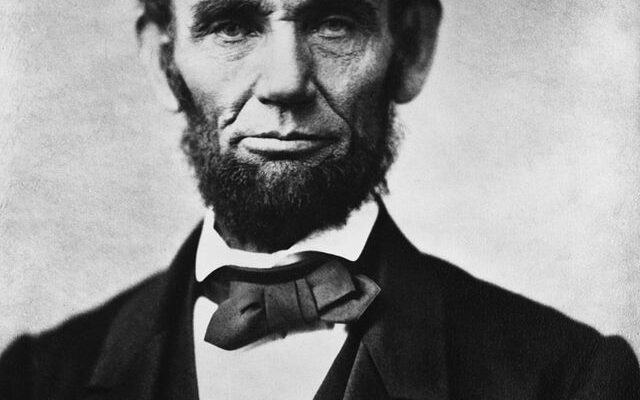


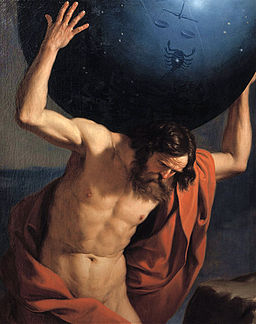
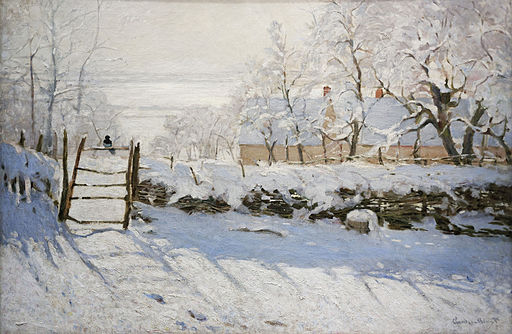
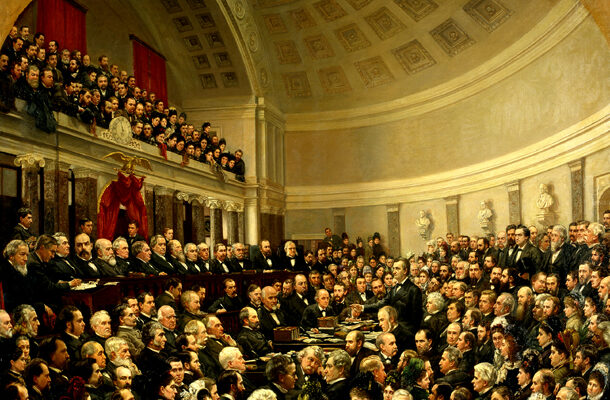
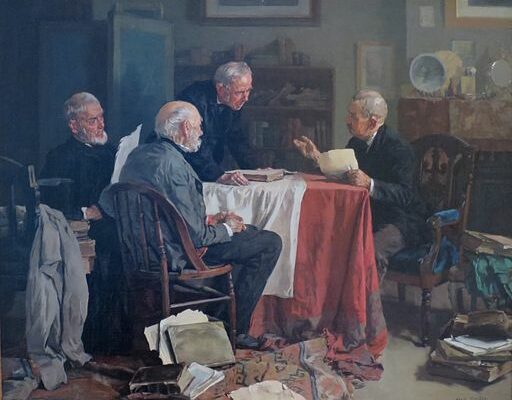

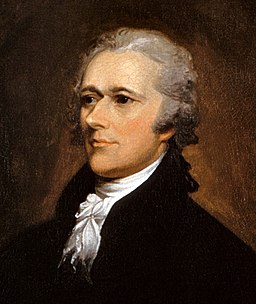

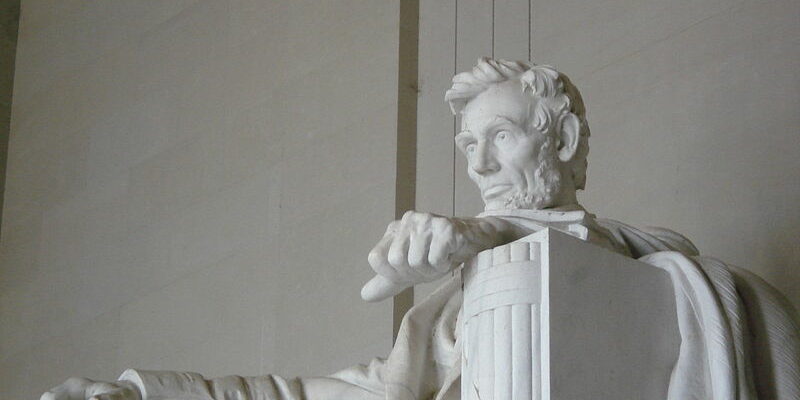

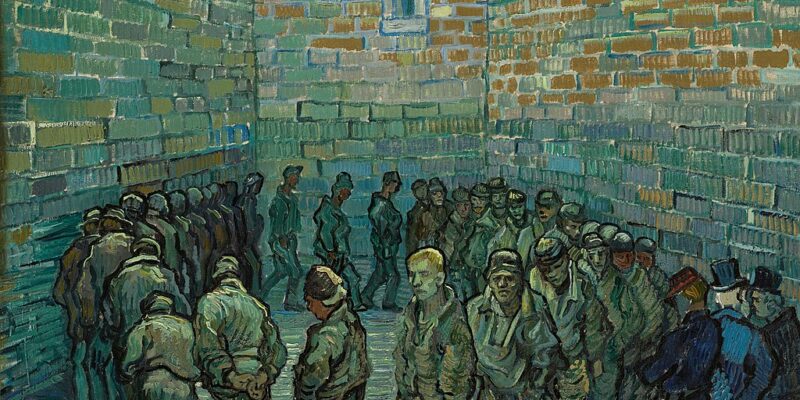

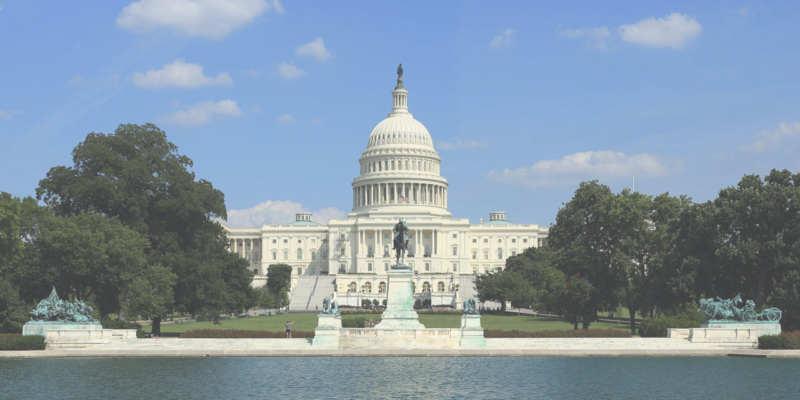

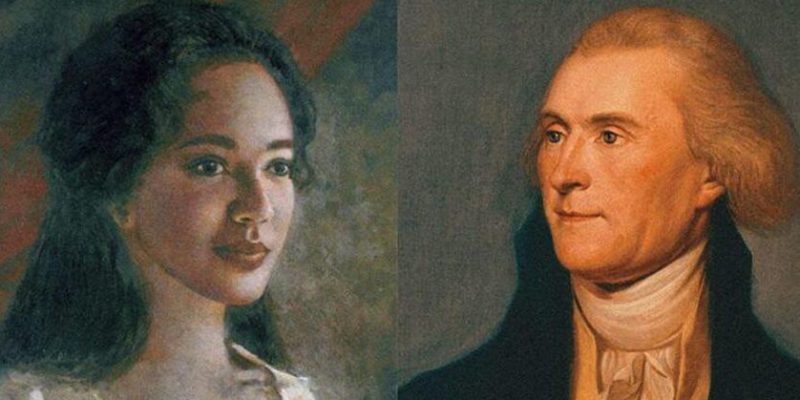


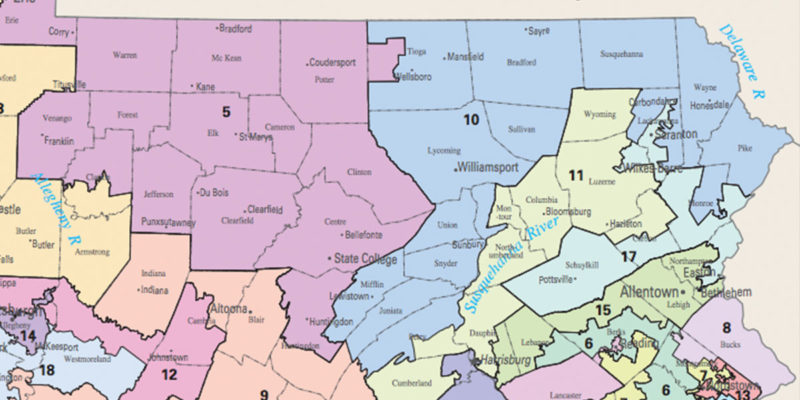

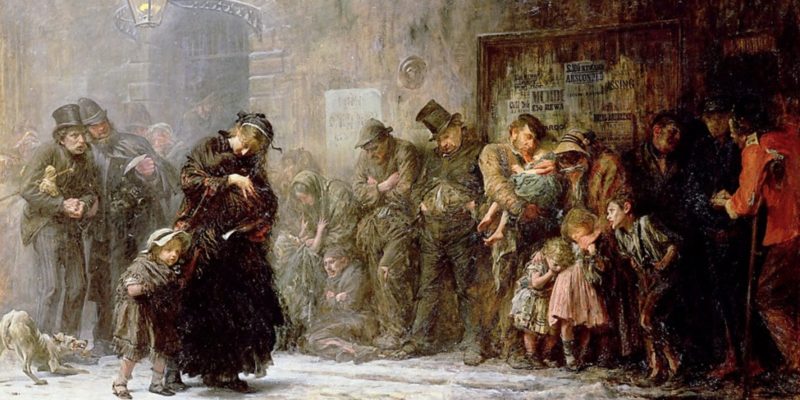
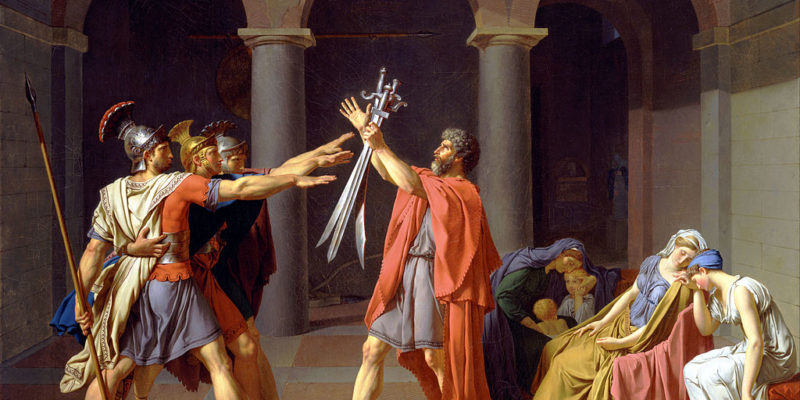
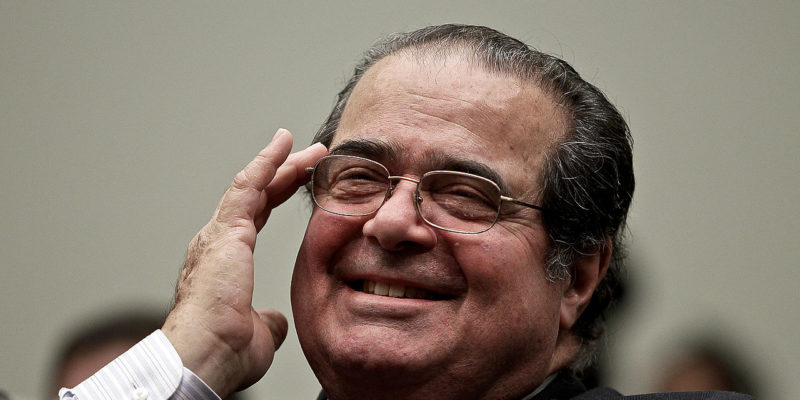
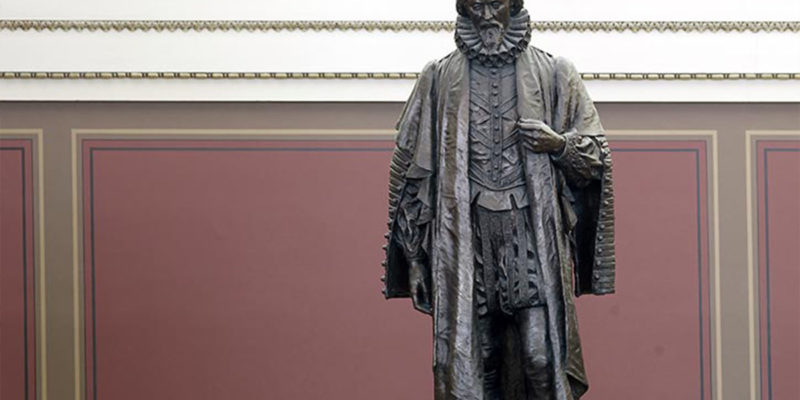

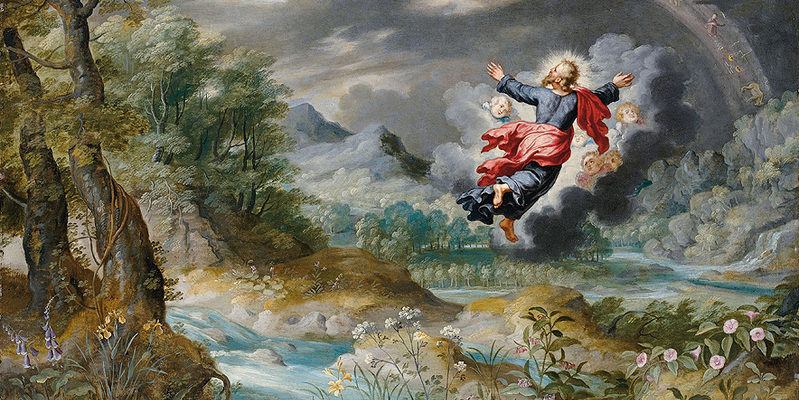
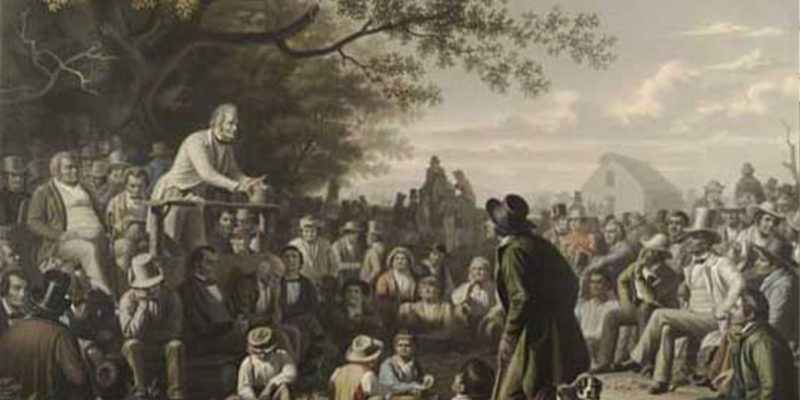



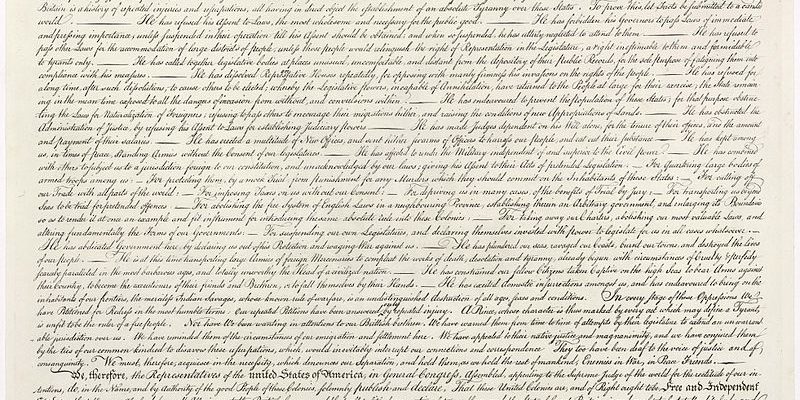
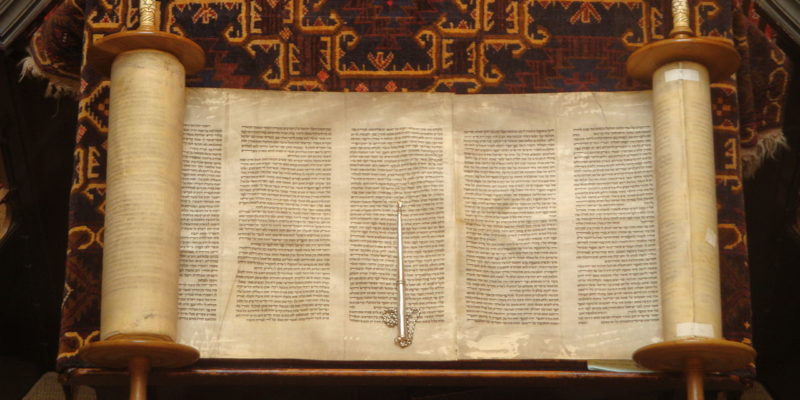
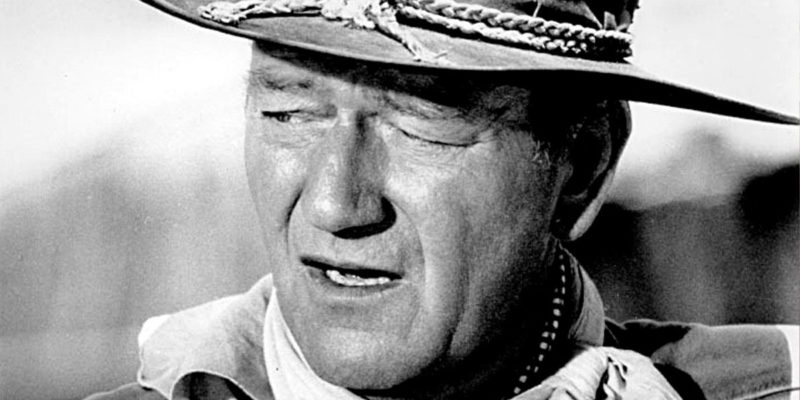

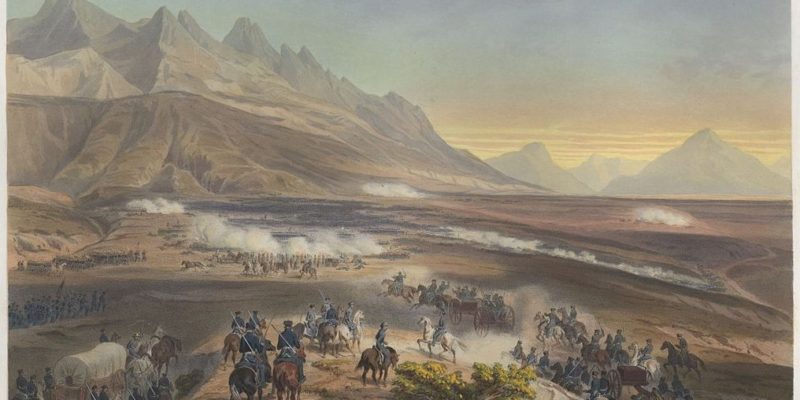
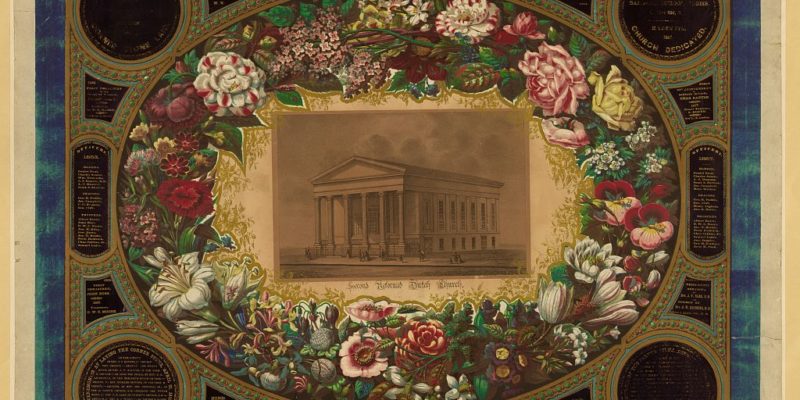



 Compass is an online journal that provides a space for the work of talented undergraduates who have original and well-articulated insights on important ideas and issues relating to American democracy understood in the broad contexts of political philosophy, history, literature, economics, and culture.
Compass is an online journal that provides a space for the work of talented undergraduates who have original and well-articulated insights on important ideas and issues relating to American democracy understood in the broad contexts of political philosophy, history, literature, economics, and culture.